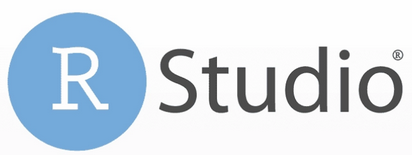
CDSB Workshop 2019: How to Build and Create Tidy Tools

In recent years, R has become one of the most used programming languages for data science. The explosion in data available in many fields has increased the demand for data analysts, which is the case in Bioinformatics.
R users start by learning how to use the tools others have openly shared with the international community. These R users acquire skills as they continue to analyze data and might even start to interact with R software developers through community websites such as RStudio Community, Bioconductor Support or via Twitter using the #rstats hashtag. Eventually some
This workshop is aimed at students and researchers interested in data analysis that have experience using R. We encourage applications from experts in diverse disciplines, including but not limited to biologists, bioinformaticians, data scientists, software engineers and programmers and R users at large. The main goals of the workshop are:
R users will want to write their own functions and share them online with others. They can do so via creating their own R packages and sharing them via repositories likes CRAN and Bioconductoror simply via GitHub. In this workshop participants will work through the Building Tidy Tools rstudio::conf 2019 workshop and then build their own R packages by collaborating with each other, similar to what was done at rOpenSci unconf18.This workshop is aimed at students and researchers interested in data analysis that have experience using R. We encourage applications from experts in diverse disciplines, including but not limited to biologists, bioinformaticians, data scientists, software engineers and programmers and R users at large. The main goals of the workshop are:
- Teach participants the principles of reproducible data science through the development of R/Bioconductor packages.
- Turn (bioinformatics) software users into (bioinformatics) software developers.
- Foster the exchange of expertise and establish multidisciplinary collaborations.
- Create a community of Latin American scientists committed to the development of software and computational pipelines for (biological) data analysis.
- Help train users that can become local instructors and continue to grow their local communities.
This workshop is part of a long-term project to create a community of developers from Latin America. We hope to hold regular meetings in the future (similar to BioC, EuroBioc and BioCAsia) where attendees present their own software contributions.

